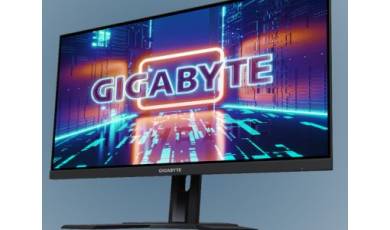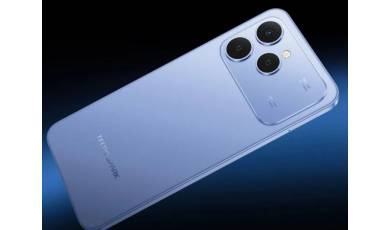Doro Phoneeasy 612i specs.
Mobiles >> Doro >> Doro Phoneeasy 612i| Specifications | Reviews | Secret codes |
Basic Spec Doro Phoneeasy 612i
Display Doro Phoneeasy 612i
Display:
CSTN Color, 240x320 px (2.4") 167ppi
Touch screen:
no
Storage Doro Phoneeasy 612i
Built-in memory:
no
Memory card:
MicroSD/TransFlash max. 32 GB
Camera Doro Phoneeasy 612i
Camera:
yes
Flash:
no
Autofocus:
no
Optical zoom:
no
Digital zoom:
yes
Communication Doro Phoneeasy 612i
Bluetooth: Bluetooth is used to exchange data between nearby mobile devices.
Bluetooth is used to exchange data between nearby mobile devices.
3.0
EDGE:
no
GPRS: General Packet Radio Service
General Packet Radio Service
no
GPS: Global Positioning System
Global Positioning System
no
A-GPS: Assisted Global Positioning System
Assisted Global Positioning System
no
GSM:
900 1800 1900
USB: Universal Serial Bus
Universal Serial Bus
yes
WAP:
no
Multimedia Doro Phoneeasy 612i
Audio out:
Jack 3,5 mm
Games:
yes
MP3 player:
no
Polyphony:
yes
Radio:
yes
Phonebook memory:
300
Vibra:
yes
Dictaphone:
no
Loudspeaker:
yes
Design Doro Phoneeasy 612i
SIM card size:
Mini Sim
Dimensions:
101 x 52 x 20 mm, vol. 105 cm³
Weight:
103 g
Phone resistant:
no
Battery Doro Phoneeasy 612i
Capacity:
Li-Ion 800 mAh
Time talk/stand-by:
12 / 533 hrs. (22.2d)
Comments, Questions and Answers about Doro Phoneeasy 612i
Ask a question about Doro Phoneeasy 612i





